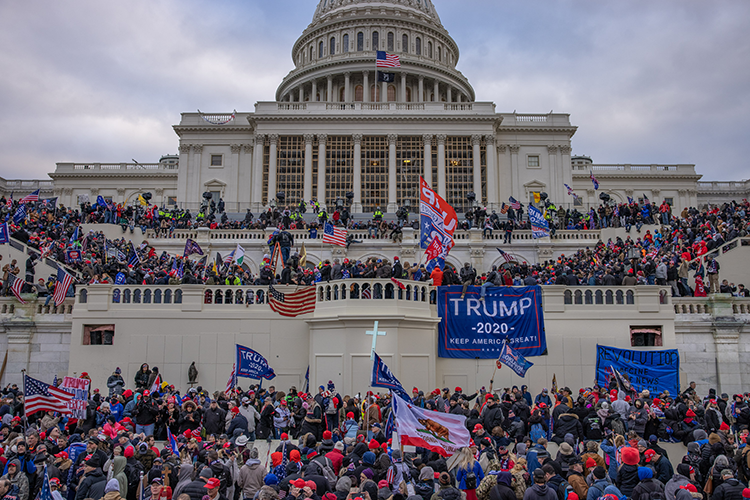Afternoon Briefs: Judge won’t stop Mary Trump book; judge rejects Weinstein deal

Book cover courtesy of Simon & Schuster, photo of Mary Trump © Peter Serling.
Judge won’t block publication of Mary Trump’s book
Judge Hal Greenwald of New York ruled Monday night that a confidentiality agreement couldn’t be used to stop publication or promotion of a tell-all book by President Donald Trump’s niece, Mary Trump. Greenwald said the agreement was an unjustified prior restraint on speech. “In the vernacular of first-year law students,” Greenwald wrote, “Con law trumps contracts.” (The New York Times, Greenwald’s opinion)
Judge refuses to approve Harvey Weinstein settlement
U.S. District Judge Alvin Hellerstein refused Tuesday to give preliminary approval to a settlement of nearly $19 million that would have resolved civil sexual misconduct claims against convicted rapist and film producer Harvey Weinstein. Class counsel would have been eligible for attorney fees of up to 25% of the settlement fund plus reimbursement of expenses. Hellerstein questioned the fairness of the deal, which was part of a larger $47 million settlement to resolve obligations by the Weinstein Co. Hellerstein also said a provision for insurers to fund legal costs for Weinstein and other defendants was “obnoxious.” (The New York Times, the Hollywood Reporter, Variety, June 30 memorandum seeking approval)
Another Boies Schiller partner joins King & Spalding
Boies Schiller Flexner partner Bob Cooper is joining King & Spalding, where 19 other Boies Schiller partners are now working. Cooper was a member of Boies Schiller’s executive committee. More than a quarter of Boies Schiller’s partners have left since December. (Law.com)
Breyer was most talkative justice this term
Justice Stephen G. Breyer was the most talkative justice during oral arguments this term. Breyer spoke an average of 696 words per case, leading Justice Sonia Sotomayor, who averaged 585 words per case. Both justices spoke less than last term, likely because the Supreme Court’s telephone arguments required justices to take turns. (Law360)
Write a letter to the editor, share a story tip or update, or report an error.


